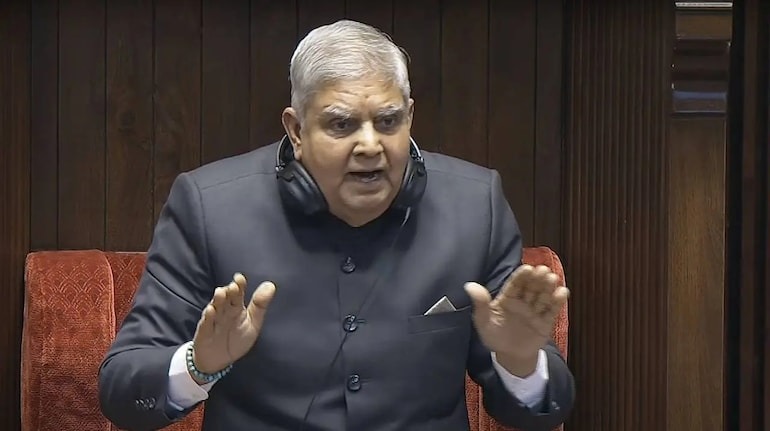
Vice President Jagdeep Dhankhar recently highlighted India’s deep-rooted sustainability practices, asserting that the country embraced ecological responsibility long before it became a global concern. Speaking at the National Conference on Environment – 2025, he stressed the urgent need for environmental ethics and responsible global cooperation.
India’s Ancient Relationship with Nature
Dhankhar noted that India's connection with sustainability is centuries old. In traditional Indian culture, trees, rivers, and natural elements were not only respected but worshipped. This reverence created a society where circularity was common, and waste was not part of daily life.
Vedic Knowledge and Ecological Wisdom
The Vice President referred to ancient Vedic literature as a rich source of environmental wisdom. According to him, these texts promote a balanced relationship between humans and nature, offering timeless guidance for nurturing the earth.
A Warning Against Resource Exploitation
He criticized the modern trend of excessive resource use, warning that financial strength should not dictate environmental consumption. Dhankhar emphasized that unchecked consumption and resource exploitation come with a heavy ecological price, calling for restraint and empathy in how resources are utilized.
Environmental Impact of Human Activities
Dhankhar pointed out that human behavior, especially in the context of water management and infrastructure development, influences seismic activity. He cited examples like dam construction and drainage patterns as having measurable effects on geological stability.
Global Unity on Environmental Issues
Stressing the interconnected nature of the planet’s ecosystems, the Vice President stated that no single country or individual can solve ecological problems alone. He advocated for a united global response, emphasizing cooperation beyond borders.
Rethinking Policy Through an Environmental Lens
He also urged policymakers to consider the environmental consequences of defense and nuclear strategies. According to him, the long-term ecological risks of weapons systems outweigh their short-term security benefits.
Developed Nations Must Act Responsibly
Dhankhar concluded by encouraging developed nations to look beyond political boundaries. He called on them to take the lead in adopting models that prioritize planetary health and contribute meaningfully to global sustainability efforts.
Read More: The Great Flip or a National Loss? Rahul Gandhi Breaks Silence on India’s U.S. Trade Mess

 Share
Share



